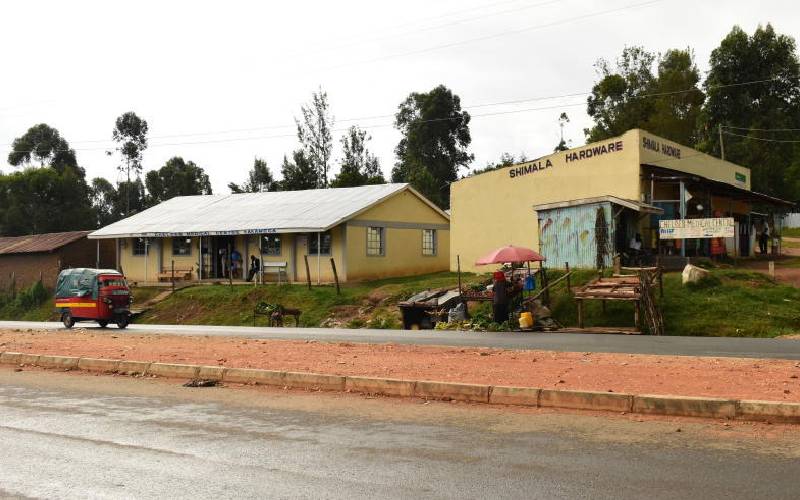×
The Standard e-Paper
Fearless, Trusted News

Four kilometres from Kakamega town along the Kakamega-Webuye highway lies a shopping centre known as Shimalavandu.
By and large, it is a small market centre that mainly caters for the community around, yet the most notable thing about it is the reputation of being a killer zone.